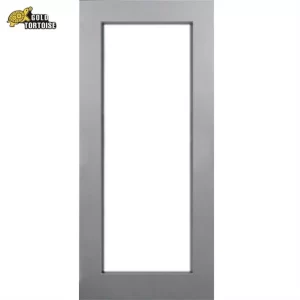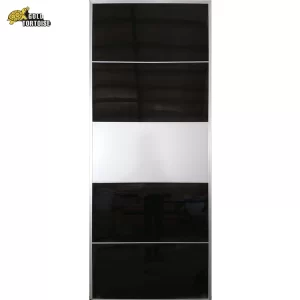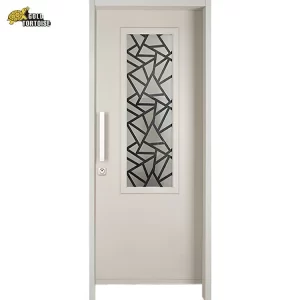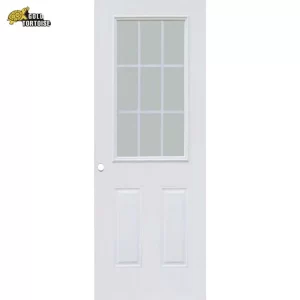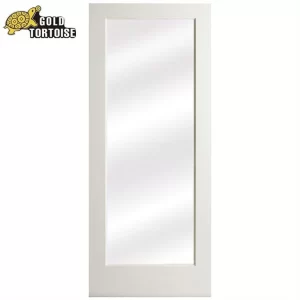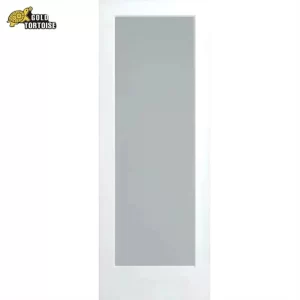The lifespan of an aluminum door can vary depending on several factors, including the quality of the door, the environmental conditions it’s exposed to, and how well it’s maintained. However, well-made and properly maintained aluminum doors can last for several decades. Here are some factors that can influence the lifespan of an aluminum door:
1. Quality of Construction: High-quality aluminum doors are designed to withstand various environmental conditions and resist corrosion. Doors with reinforced frames, proper insulation, and durable finishes are likely to have a longer lifespan.
2. Coating and Finishing: The type of coating or finish applied to the aluminum surface can affect its resistance to corrosion and fading. Doors with high-quality finishes or coatings, such as anodized or powder-coated finishes, are more likely to maintain their appearance and structural integrity over time.
3. Environmental Conditions: The climate and environmental conditions in the location where the aluminum door is installed play a significant role. Coastal areas with saltwater exposure or regions with high levels of pollution may have a more significant impact on the lifespan of the door.
4. Maintenance: Regular maintenance, including cleaning, lubricating hinges and hardware, and inspecting for signs of wear or damage, can help prolong the lifespan of an aluminum door. Cleaning off salt deposits in coastal areas is especially important.
5. Usage: The frequency of use and the stress the door undergoes can impact its lifespan. Heavy traffic areas or doors subjected to frequent opening and closing may experience more wear over time.
In general, a well-maintained and high-quality aluminum door can last 20 years or more. Some doors may even exceed this lifespan with proper care. It’s advisable to follow the manufacturer’s recommendations for maintenance and address any issues promptly to ensure the longevity of the aluminum door.

